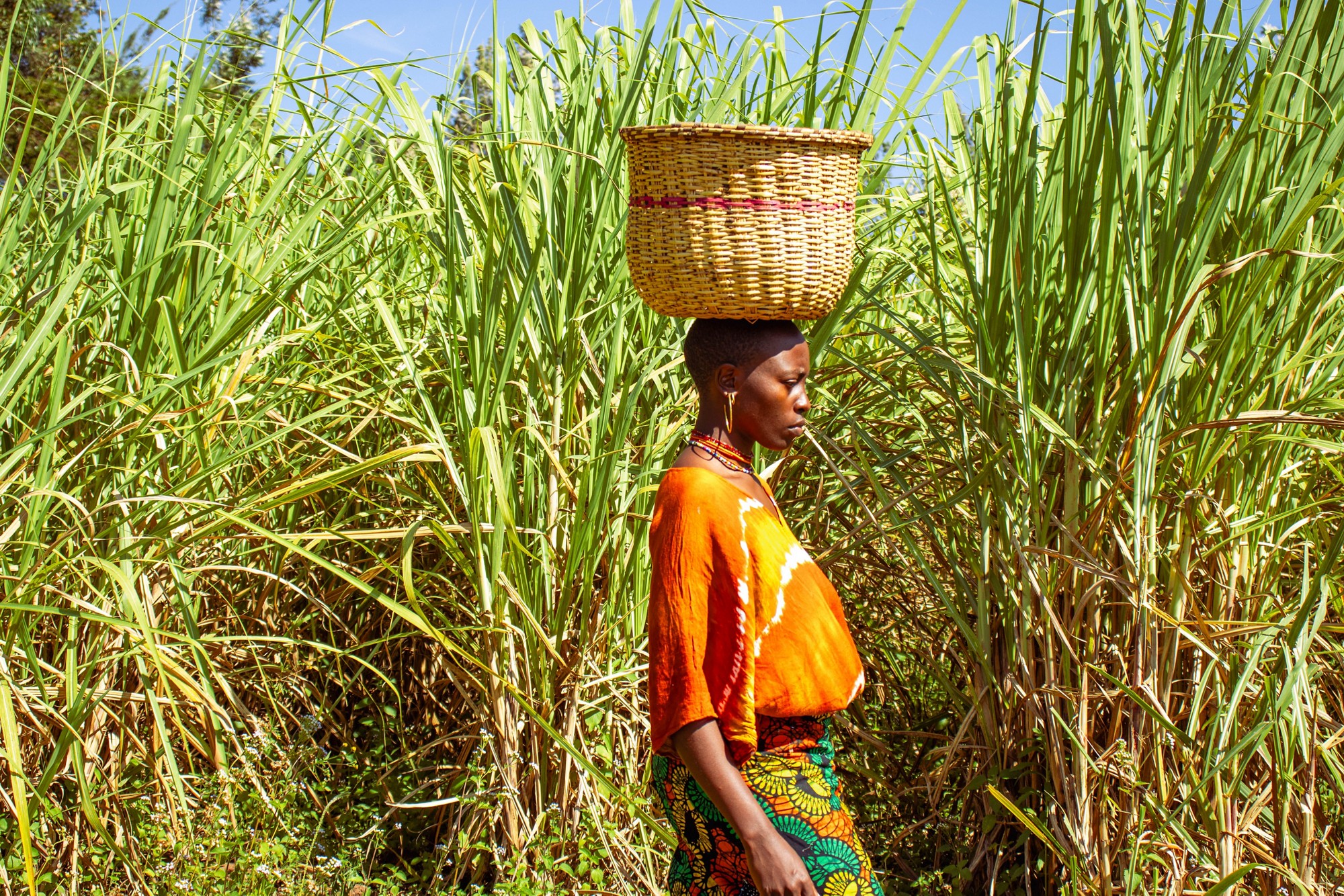Inclusion is central to GEF’s mission, yet policy ambition has outpaced practice. Updated commitments on stakeholder engagement, gender equality, and safeguards were designed to improve project design and outcomes, but gaps in application remain.
If positioned with sufficient intention, the GEF policies can help to translate and mainstream key priorities across all GEF-financed activities and be central in delivering environmental and socioeconomic benefits.

Evaluation overview
- The program faces persistent challenges: uneven Agency and focal point capacity, limited time and resources for engagement, and country contexts that restrict inclusion.
- Coherence across the three policies is evident, but only the Gender Equality Policy requires integration into project frameworks. As a result, reporting has focused on compliance rather than capturing outcomes or higher-level impacts.
- The report recommends preparing a unified inclusion narrative across the three policies, strengthening monitoring and knowledge sharing on safeguards and inclusion, and recalibrating relationships with the CSO Network and Indigenous Peoples Advisory Group for greater strategic impact.
Methodology
Evidence comes from portfolio review, surveys, interviews, and follow-up to prior evaluations of gender mainstreaming, safeguards, the CSO Network, and Indigenous Peoples.







